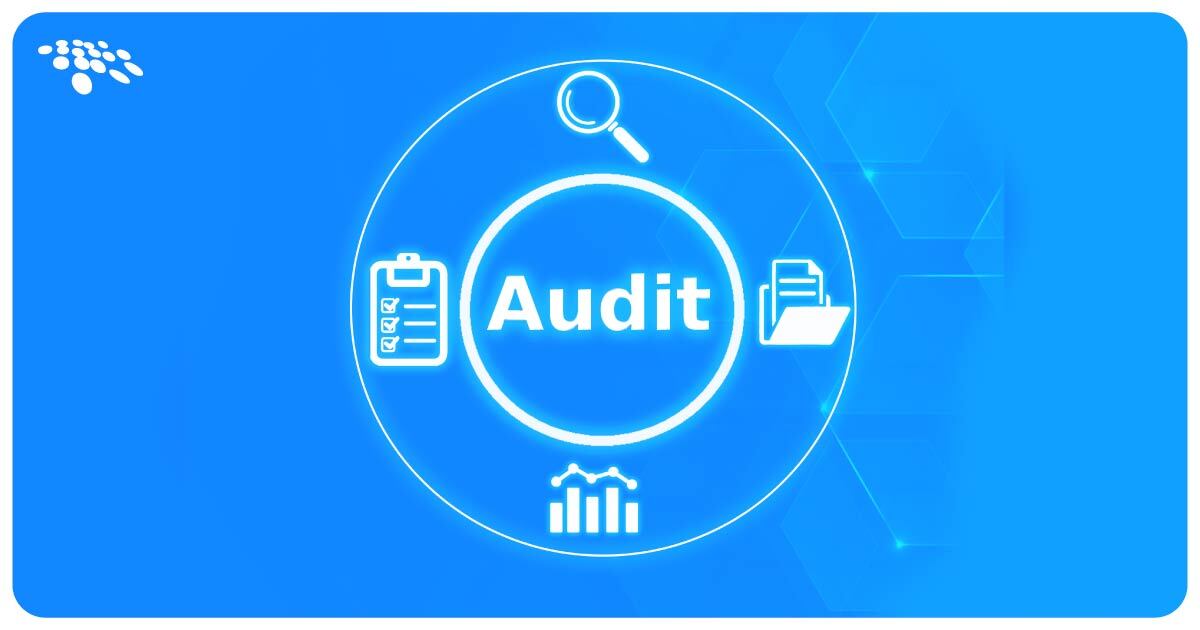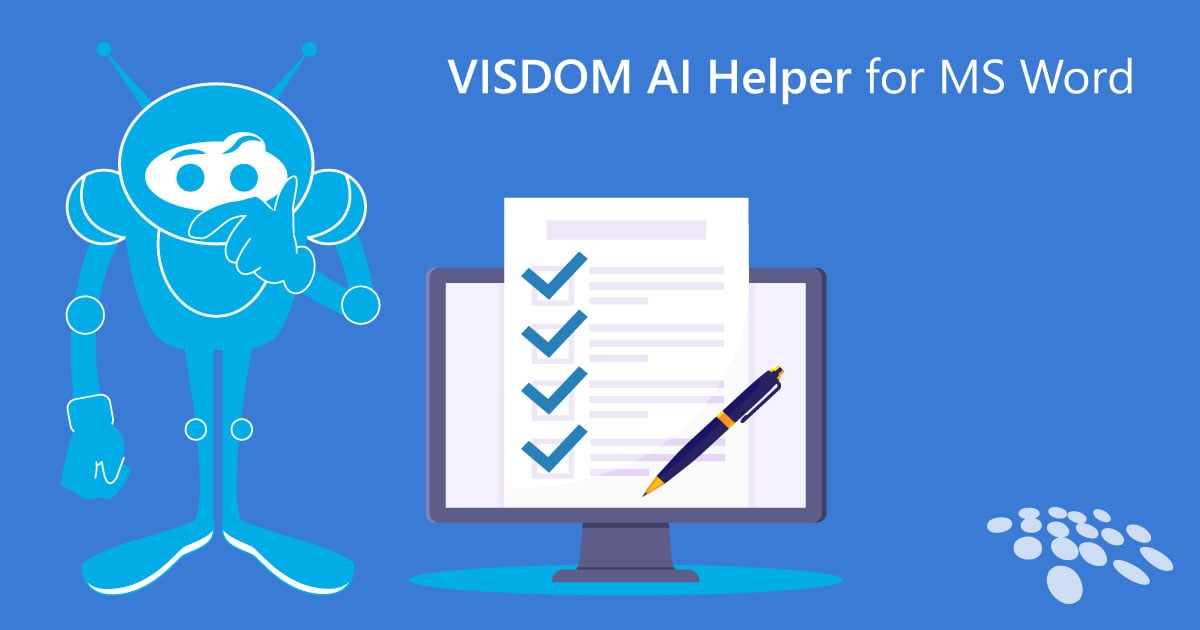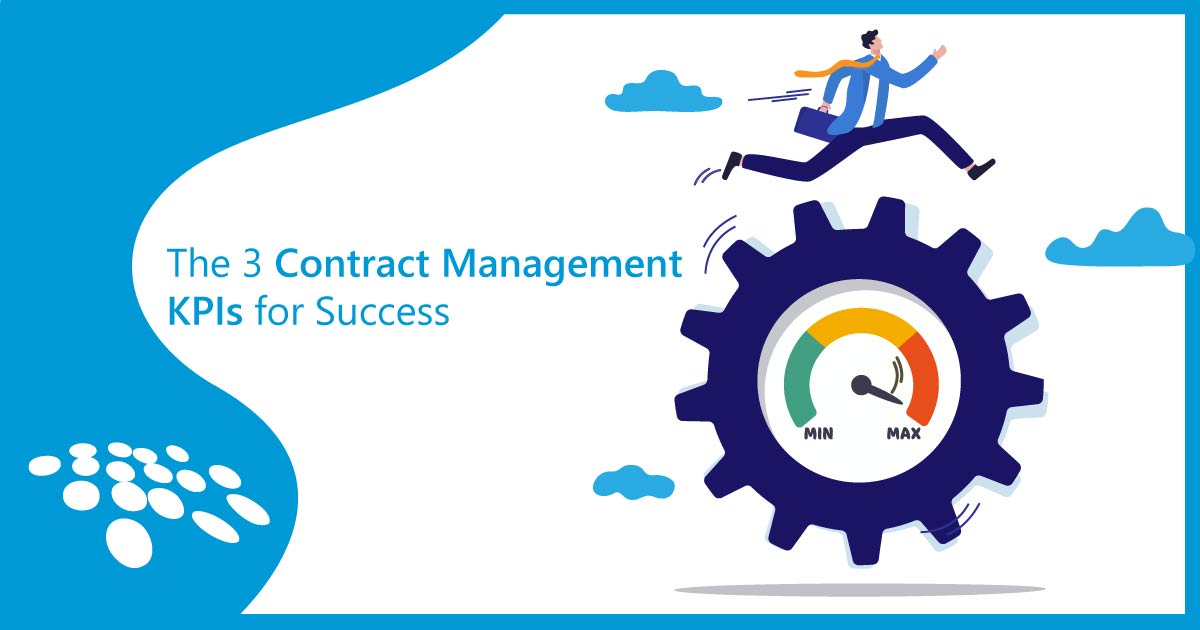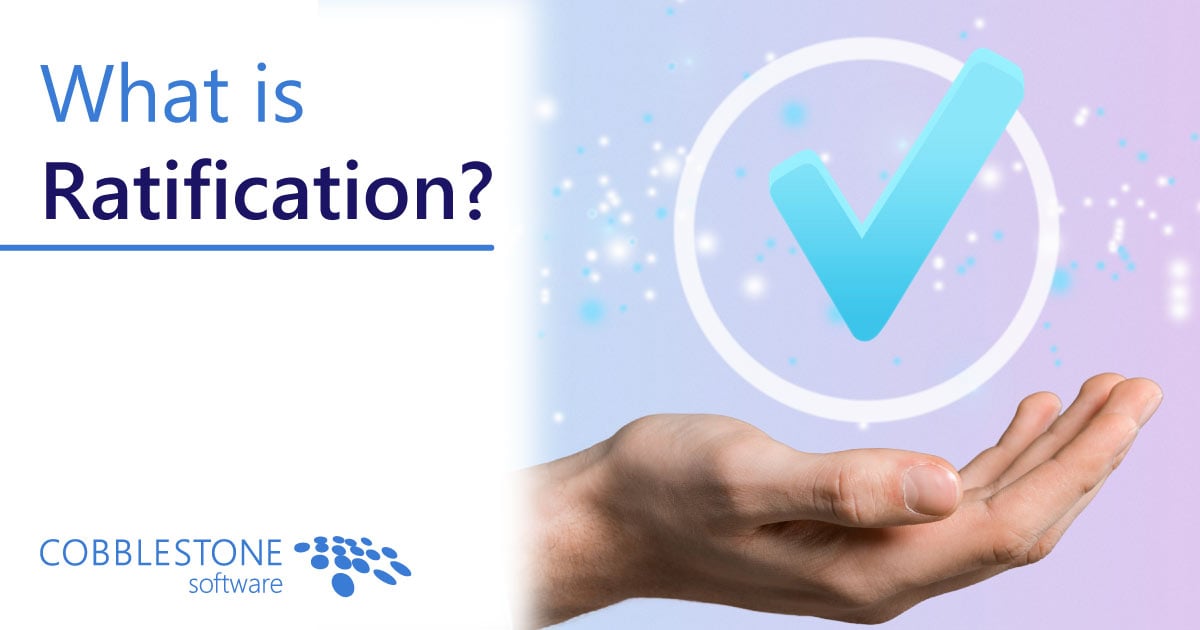CobbleStone Software will be exhibiting AI-powered legal document management solutions at the Legalweek New York 2020 Conference. This highly anticipated legal technology event takes place February 3-6, 2020, at the New York Hilton in Midtown Manhattan.
See CobbleStone's AI-Powered Document Management Software at Legalweek
By Sean Heck on 01/29/20
6 Tips for Smarter Contract Management in 2020
By Mark Nastasi on 01/15/20
Managing contracts takes a lot of time and effort, especially with the economy booming as we lead in to the year 2020. With this increased workload, contract managers need smarter ways to manage their contracts better. Legal professionals carefully review contracts with a sharp eye for details, excellent reading skills, deep comprehension, business acumen, and sufficient time management skills, but their process can be improved even more with new advancements in contract lifecycle management.
Safeguarding Data with Contract Management Software
By Sean Heck on 01/8/20
Contract management professionals oversee important contracts and agreements with sensitive data, clauses, details, and information. Given the importance that such classified data is kept confidential, rules pertaining to data access and classification must be precisely and carefully reviewed. Learn how AI-based contract management software can help contract managers to categorize, safeguard, and protect data.
Contract Creation is a Breeze with Contract Insight®
By Sean Heck on 12/2/19
Creating Contract, Request, Bid, PO, Employee, and Vendor Records is unprecedentedly streamlined with Contract Insight's latest update. Drag and drop record initiation is now available out of the box that lets users easily import files from a variety of locations! This tutorial serves as a step-by-step guide to aid in the initiation and configuration of records in Contract Insight’s leading source-to-contract suite. Get started today with better usability and governance over your CLM system.


























